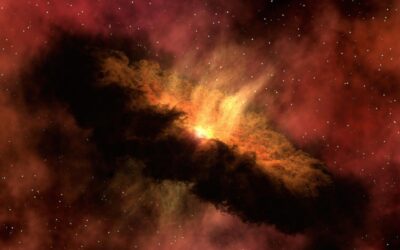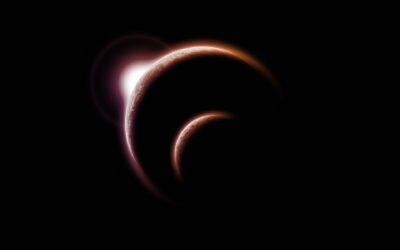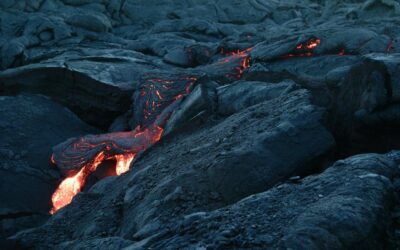
AI-powered AstroAgents advance the search for extraterrestrial life
Artificial intelligence is reshaping astrobiology, and a new system called AstroAgents is taking a bold step forward in the hunt for life beyond Earth. Developed by a team of researchers, AstroAgents is designed to autonomously generate scientific hypotheses from complex datasets, specifically focusing on mass spectrometry data obtained from meteorites and terrestrial samples. Its mission:…


